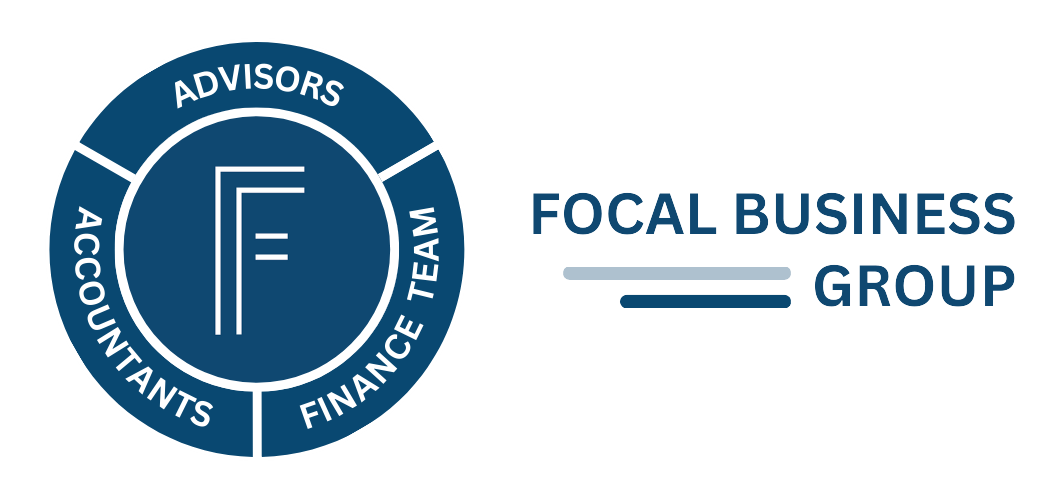Class 2 NICs are flat-rate contributions payable by the self-employed, currently charged at a rate of £3.45 a week. Non-payment (or credit) could mean entitlement to the state retirement pension (and other contributory state benefits) will be affected unless the individual is also paying Class 1 NIC because they are employed.
The majority of self-employed individuals liable to pay Class 2 NIC do so via the self-assessment regime at the same time as paying any income tax due on 31 January after the tax year end. Payment is mandatory if profits exceed the lower profits threshold (£11,908 for 2022/23 and £12,570 for 2023/24). Pre-6 April 2022, where profits were below the small profits threshold no liability to Class 2 NIC was payable and should the individual have wished for the year to count towards the state pension, voluntary Class 2 payments were required.
National Insurance Contributions pre-6 April 2022
The deadline for submitting a tax return is 31 January after the tax year end although amendments are possible up to a year after. Therefore, for 2021/22 the deadline for amendments and payment of Class 2 voluntary contributions was 31 January 2023. HMRC has recently announced that it has identified 3,900 customers who deferred filing their 2020/2021 self-assessment return until after 31 January 2023. This means that it is now too late to pay voluntary Class 2 NICs and therefore the year will not count towards the state pension and other contributory state benefits. HMRC intends to write to those customers advising them of the situation. Some of those taxpayers will have made payment for Class 2 NIC and now find that they have made an overpayment. However, that amount will not be refunded but will be retained to be deducted from any future tax payments unless a formal repayment claim is made. Should an individual wish for the 2021/22 year to count towards the state pension, Class 3 voluntary payments will be required at a rate of £15.85 per week.
National Insurance Contributions post-6 April 2022
Post-6 April 2022 the National Insurance Contributions (Increase of Thresholds) Act 2022 created a new form of NIC credit. A self-employed earner whose profits are below the same threshold for Class 4 NIC charges (i.e., £9,880 for 2023/24) is to be treated as having paid Class 2 NICs. This will bring them in line with lower paid employees by allowing them to secure a qualifying year for zero contribution cost; it will also make the payment of voluntary Class 2 contributions redundant. To receive the Class 2 NIC credit the taxpayer will have to submit a tax return, although if they have no other income in the year, they will have no tax to pay.
Class 3 voluntary contributions
Any taxpayer wishing to make up a missing NIC year now has until 5 April 2025 as the deadline for paying voluntary Class 3 NICs, to fill any NIC deficiencies in tax years back to 2006/07, has been extended.
This opportunity to pay Class 3 NIC for past years applies to women born after 5 April 1953 and men born after 5 April 1951. Taxpayers under 45 still have another 22 to 23 years of working life to pay Class 1 or Class 2 NIC, so it is unlikely that it would be economical for them to pay Class 3 NIC to complete any existing gap years.
The rate of payment for Class 3 NIC in these circumstances will depend on the year for which payment is being made. Contributions relating to the previous two tax years are at the original rates for those years (i.e., £15.40 per week for 2021/22 and £15.85 per week for 2022/23); for all other years payment will be at the current rate (£17.45 per week).
For further clarity on National Insurance Contributions get in touch, we are on hand to help.
Growing businesses need more from their accountant; as business accountants, analysts and advisors, we help you understand and manage your numbers to drive plans and decision making. If you would like to discuss the ways we can help you and your business, simply call 0800 112 0880 or email [email protected].


